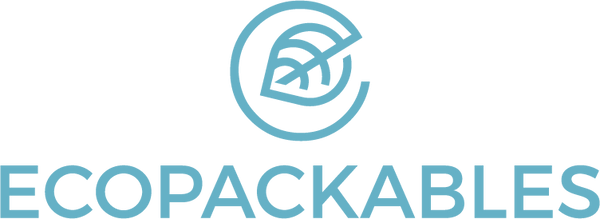Recycled plastic plays a pivotal role in various industries requiring sustainable packaging, from custom e-commerce solutions to the burgeoning field of eco-friendly apparel packaging. In our commitment to environmental responsibility, we utilize recycled plastic in crafting our recycled polymailers, recycled ocean-bound polymailers, and recycled self-seal poly bags. While these materials aren't curbside recyclable like the recycled Kraft paper mailer alternatives, they are recyclable with other thin film plastics, commonly accessible at local grocery stores. Incorporating recycled plastic into our products extends the life of plastic, contributing significantly to reducing the demand for virgin plastic production.
This article delves into innovations in recycling, exploring legislative changes, technological improvements, and overall progress in the recycling landscape.
Innovations in Recycling
- The Recycling Infrastructure and Accessibility Act of 2023, would authorize the appropriation of $30 million annually over the 2023-2027 period to the Environmental Protection Agency (EPA) to establish a pilot grant program for improving recycling accessibility in communities. The EPA may award grants to states, local governments, Indian tribes, or public-private. partnerships.
- The Bipartisan Infrastructure Law introduces three new waste prevention, reuse, and recycling programs:
- The Recycling Infrastructure and Market Opportunities Map visualizes available recycled material, guiding facility development and expansion for a more efficient and widespread recycling network.
- The United Nations declares plastic pollution an emergency, emphasizing the need for a roadmap and drastic action to combat the environmental impact of plastic waste.
- The EPA contemplates discontinuing the ubiquitous plastic recycling symbol, as reported by CBS News.
- Low-value waste plastic can be converted into high-value chemicals in a new process developed by UW–Madison researchers

